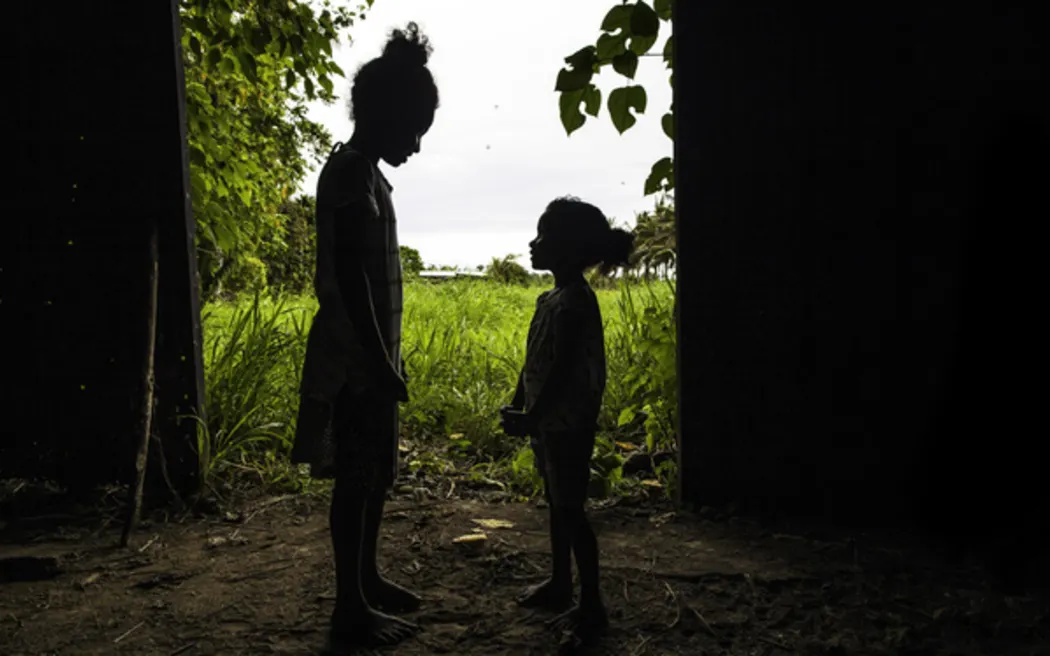A report looking at the impact of labour mobility schemes on children in four Pacific nations has found that while the remittances they generate are critical in supporting families, the schemes are placing physical and emotional strain on the carers these workers leave behind . . .
Please Subscribe to view full content...
